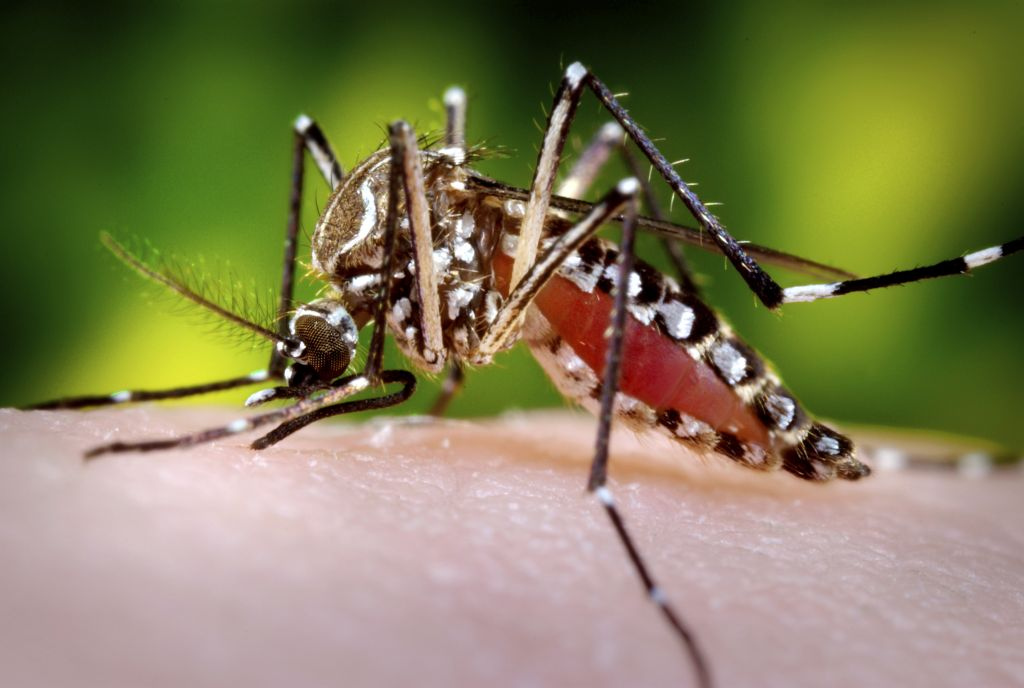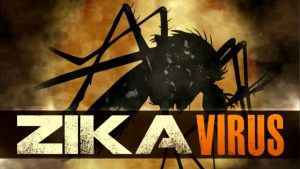For many people, summer means traveling. And travel can mean exposing ourselves not just to new environments and cultures, but also to new health risks. With the third case of Zika recently reported in Douglas county, it’s a perfect time to outline best practices for prevention of this blood-borne illness.
Zika is a virus that is spread primarily through bites from infected Aedes aegypti and Aedes albopictus mosquitos. The Center for Disease Control reports that the virus can also be communicated through sexual contact with infected men or through blood transfusion, though reports of transmission by the latter are rare and still under investigation.1
Only 1 in 5 people infected with the Zika virus have any symptoms, causing the illness to often go undetected. When symptoms do present, they are generally flu-like in nature and tend to last up to a week. More famously, Zika has been linked to microcephaly in newborns. For this reason, the CDC recommends that women at any stage of pregnancy not travel to countries known to be affected by the virus.2
We encourage you to use this list, generated by the CDC, of nations / countries presently affected by the Zika virus to plan your summer travel.
- Cape Verde
- Mexico
- The Caribbean
Currently includes: Anguilla; Aruba; Barbados; Bonaire; Cuba; Curaçao;Dominica; Dominican Republic; Grenada; Guadeloupe; Haiti; Jamaica; Martinique; the Commonwealth of Puerto Rico, a US territory; Saint Barthelemy; Saint Lucia; Saint Martin; Saint Vincent and the Grenadines; Sint Maarten; Trinidad and Tobago; US Virgin Islands - Central America
Currently includes: Belize, Costa Rica, El Salvador, Guatemala, Honduras, Nicaragua, Panama - The Pacific Islands
Currently includes: American Samoa, Fiji, Marshall Islands, Micronesia, New Caledonia, Papua New Guinea, Samoa, Tonga - South America
Currently includes: Argentina, Bolivia, Brazil, Colombia, Ecuador, French Guiana, Guyana, Paraguay, Peru, Suriname, Venezuela - 2016 Summer Olympics (Rio 2016)
…and, if you are traveling to a country affected by Zika, use these techniques offered by the CDC to help protect yourself from exposure to mosquitoes.
- Wear long-sleeved shirts and long pants.
- Stay in places with air conditioning and window and door screens to keep mosquitoes outside.
- Take steps to control mosquitoes inside and outside your home.
- Sleep under a mosquito bed net if you are overseas or outside and are not able to protect yourself from mosquito bites.
- Use Environmental Protection Agency (EPA)-registered insect repellents with one of the following active ingredients: DEET, picaridin, IR3535, oil of lemon eucalyptus, or para-menthane-diol. Choosing an EPA-registered repellent ensures the EPA has evaluated the product for effectiveness. When used as directed, EPA-registered insect repellents are proven safe and effective, even for pregnant and breast-feeding women.
- Always follow the product label instructions.
- Reapply insect repellent as directed.
- Do not spray repellent on the skin under clothing.
- If you are also using sunscreen, apply sunscreen before applying insect repellent.
- To protect your child from mosquito bites:
- Do not use insect repellent on babies younger than 2 months old.
- Do not use products containing oil of lemon eucalyptus or para-menthane-diol on children younger than 3 years old.
- Dress your child in clothing that covers arms and legs.
- Cover crib, stroller, and baby carrier with mosquito netting.
- Do not apply insect repellent onto a child’s hands, eyes, mouth, and cut or irritated skin.
- Adults: Spray insect repellent onto your hands and then apply to a child’s face.
- Treat clothing and gear with permethrin or purchase permethrin-treated items.
- Treated clothing remains protective after multiple washings. See product information to learn how long the protection will last.
- If treating items yourself, follow the product instructions carefully.
- Do NOT use permethrin products directly on skin. They are intended to treat clothing.
If you have recently traveled, tell your doctor or other healthcare provider when and where you traveled. A blood or urine test can confirm a Zika infection. If you do test positive for the virus, the CDC urges that you take special care to prevent further mosquito bites during the first week of infection.3


